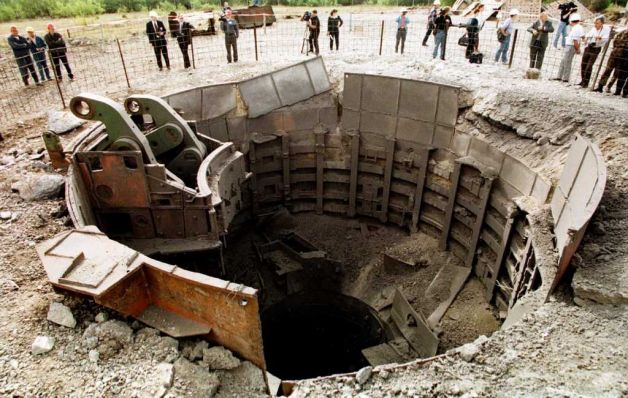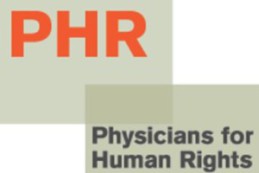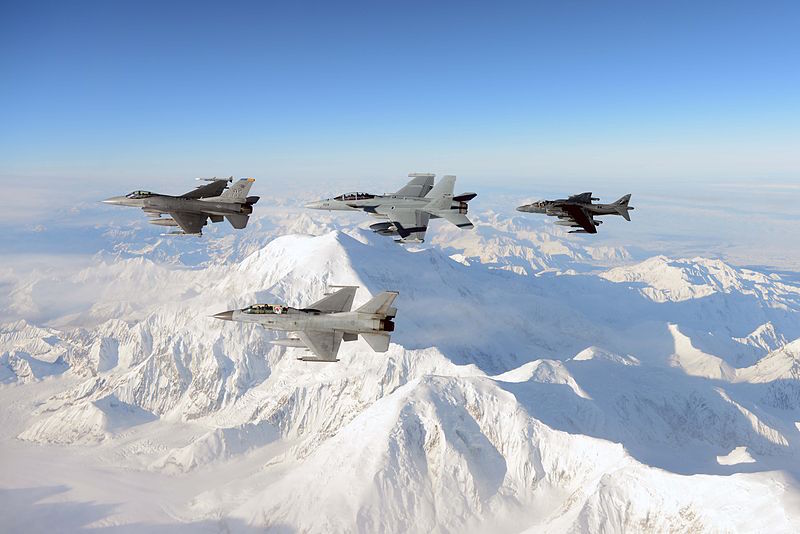This article has been written in response to a recent query from a subscriber, specifically regarding Ukraine’s possession of thermonuclear weapons and the country’s current status as a nuclear power. This query stems from Ukraine’s past possession of nuclear weapons during the Cold War, in which the country served as a staging ground for nuclear weapons of Russian manufacture, and is linked to the deteriorating security situation in Ukraine, which has garnered significant public and media attention over past months. Specifically, the transience of government and corresponding institutional fragility may have incited fear among observers regarding the security of nuclear weapons presumed to still exist in Ukraine. In short, however, given the repatriation of nuclear arms to Russia, this issue should not constitute a grave concern.
The dissolution of the Soviet Union in 1991 scattered nuclear weapons among various breakaway Soviet Socialist Republics, specifically Belarus, Kazakhstan and Ukraine. The latter was left with with nuclear weapons and delivery systems of Russian origin such that after the Soviet collapse, Ukraine possessed the third largest arsenal in the world after the US and Russia. Although Moscow quickly secured the return of all dispersed nuclear weapons from Belarus and Kazakhstan by the first half of 1992, its reacquisition of nuclear weapons and delivery systems from Ukraine was not nearly as decisive. Ukraine maintained (and still maintains) a notably antagonistic stance towards Russia in the years following the Soviet collapse stifling diplomatic efforts by officials of both countries. Successful negotiations between Kyiv and Moscow would span an additional four years and necessitate foreign diplomatic intervention.
[captionpix align=”left” theme=”elegant” width=”300″ imgsrc=”http://natoassociation.ca/wp-content/uploads/2014/03/Jan-09-CTR.gif”]
In Kyiv’s view, the retention of Russian nuclear weaponry after the Cold War seemed to confer certain strategic and economic benefits, to the ire of Russian public officials who struggled to negotiate their return. This strategic assumption is supported by academics like John Mearshiemer, who at the time proposed that Ukraine should retain a nuclear deterrence capability to maintain peace with Russia. While initial diplomatic efforts in 1993 promised to foster an equitable framework to advance the repatriation of Russian nuclear arms, bilateral negotiations reached an impasse later that year.
Spurred by concerns over regional stability and the dispersion of nuclear technology, the US subsequently contributed diplomatic efforts to a trilateral meeting to revive stalled Ukrainian-Russian negotiations and to catalyze the successful retransfer of nuclear weapons from Ukraine to Russia. Ukrainian and Russian officials unequivocally invited diplomatic participation by the US. Ukraine hoped that engagement with the US would mature into formalized diplomatic ties that could be used to leverage future negotiations and dealings with the Russian Federation. Russia was likewise agreeable to US participation given the US’ shared goal of repatriating nuclear weapons from Ukraine.
After significant diplomatic engagement, the US helped broker an accord whereby Ukraine received security guarantees from the US, Russia, and Britain, and financial compensation, in exchange for the forfeiture of its stockpile of Russian nuclear weapons.
By 1996, as established during trilateral negotiations, Ukraine had finalized the transfer of the remaining nuclear weapons on its territory to Russia and Ukraine thereafter benefited from an expanded and strengthened bilateral diplomatic and security partnership with the US. Moreover, the formalization of US-Ukrainian ties enabled further developments such as the NATO-Ukraine Council. Ukraine has abided by these agreements and has not possessed nuclear weapons since.




